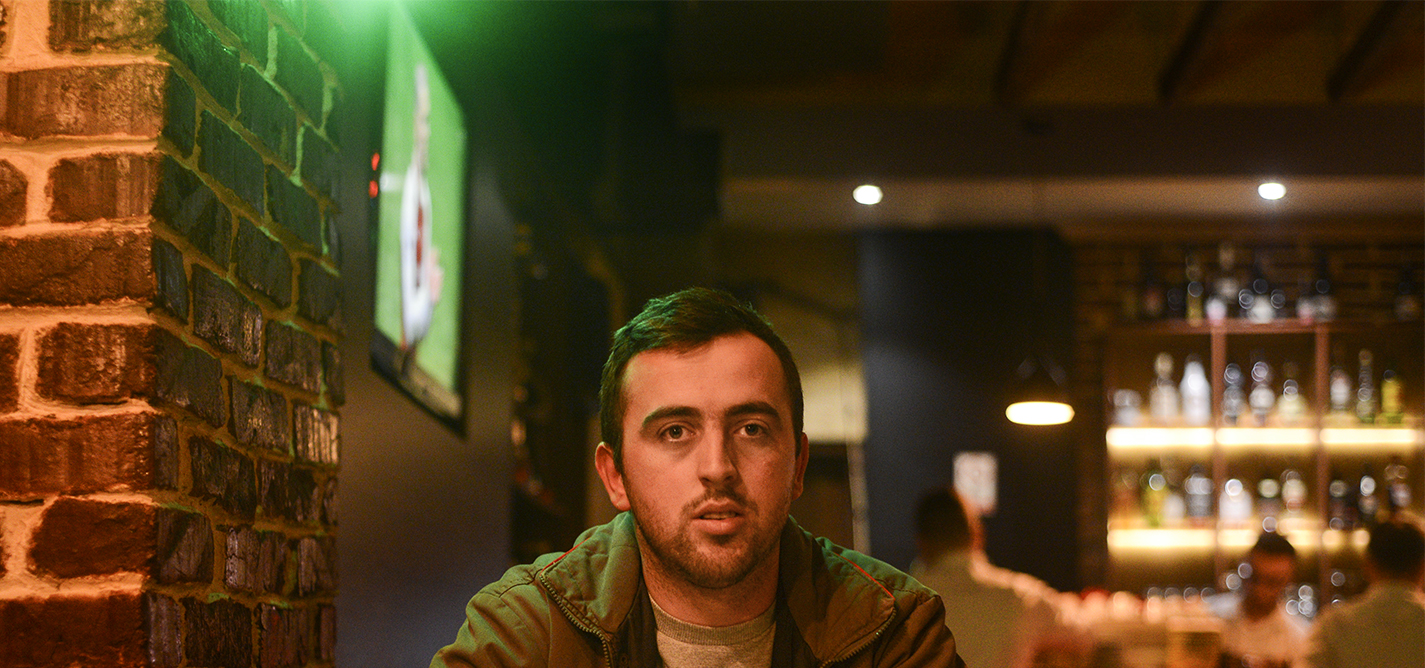
Seeking a sporting chance
Delayed recognitions leave Kosovo sports playing catch up.
“We are a poor country and if the government saw no affiliation or membership they would not intervene.”
Eroll Salihu
Jack Robinson
Jack Robinson is a freelance journalist and a former senior editor at K2.0 (2017-18). He mainly covers the fields of culture and sport.
This story was originally written in English.